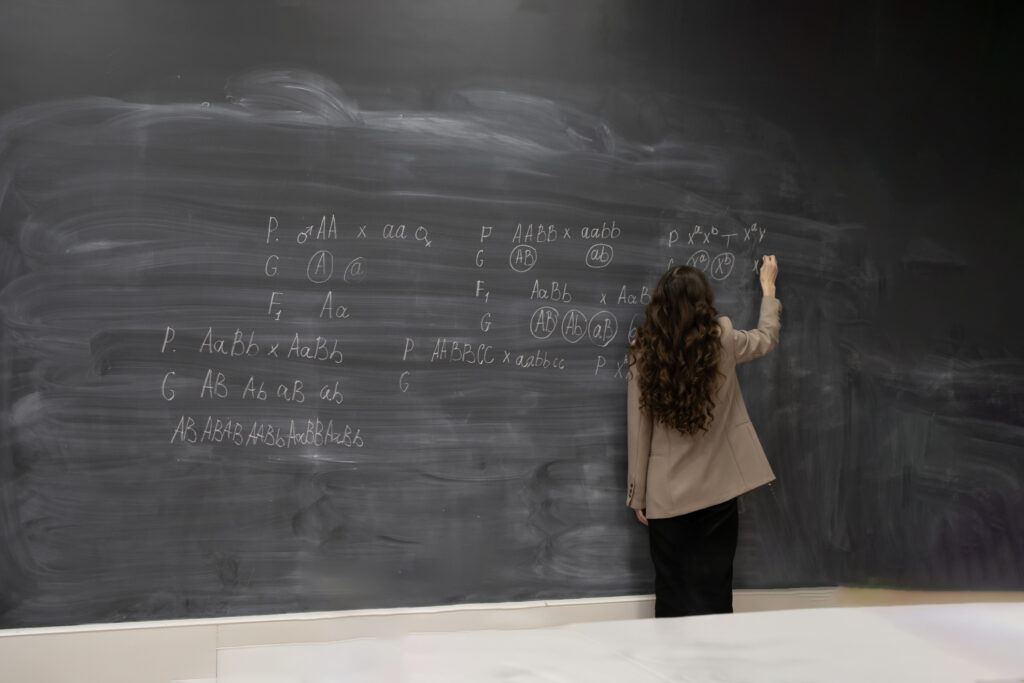Washington State Gov. Jay Inslee (D) took no action on Senate Bill 6194, allowing it to become law without his signature.
The new law funds Washington State charter schools from an account in the state’s budget that uses proceeds from the state lottery.
Constitutionality Problem
Washingtonians have been battling over charter schools for years.
In 2012, voters approved Washington Initiative 1240 to create a public charter school system. In September 2015, the Washington Supreme Court became the first court to completely overturn charter school legislation. It determined the law was unconstitutional because of the schools’ funding source: the state’s general fund.
Liv Finne, director of the Center for Education at the Washington Policy Center, says SB 6194 solves the constitutionality problem.
“The [Washington] Supreme Court had said, in a completely illogical fashion, that this funding of charter schools [in the 2012 law] is not constitutional because they’re not ‘common schools’ … [and therefore] can’t receive money from the general fund, because the general fund has a separate fund for common schools,” Finne said. “The fact that there is a common school fund in the general fund contaminated all the rest of the [general] funds. The neat solution is to fund charter schools from a separate account.”
The new law went into effect in April and allows charter schools to be funded from the Opportunity Pathways Fund, which is funded by the state lottery.
Tumultuous Journey
Finne says the past few months were difficult for families and charter school leaders, but the struggles brought greater public support.
“This [process] has been agonizing [and] also very unifying,” Finne said. “I think the attack on charters by the state’s Supreme Court made them more sympathetic to the general public.”
Charter advocacy organizations ran a campaign, including TV ads, rallies, and testimonies, in support of charter schools.
“The union was saying it was mostly rich white kids in charter schools, and they were taking money from traditional schools,” Finne said. “There were children on TV saying, ‘I love my charter school.’ They were African-American, Hispanic, white. It was clear that these were low-income families [and] kids who wanted to keep their opportunities.”
“The future looks hopeful,” said Maggie Meyers, director of communications for the Washington State Charter Schools Association.
“Families are very eager to enroll in these schools. Those already attending had a fantastic first year of school,” Meyers said, referring to the school year before the court declared charters constitutional.
“Parents feel that the voters spoke in 2012,” Meyers said. “They’ve now had or seen a taste of what these schools can mean for their families and their children.”
‘Not Going to Give Up’
Todd Ziebarth, senior vice president of the National Alliance for Public Charter Schools, says Washington State charter school supporters shouldn’t rest on their laurels just yet.
“It’s important to distinguish [that] charter schools are controversial as a political issue,” Ziebarth said. “They’re not controversial for parents or for teachers. They’re controversial for certain interest groups.
“I fully expect to see the [Washington Education Association] challenge [the new law]. I’d be stunned if they didn’t,” Ziebarth said. “They hate charters. They’ve invested so much over the years in fighting the ballot initiatives and the court. They’re not going to give up.”
Mary Tillotson ([email protected]) writes from Ann Arbor, Michigan.




